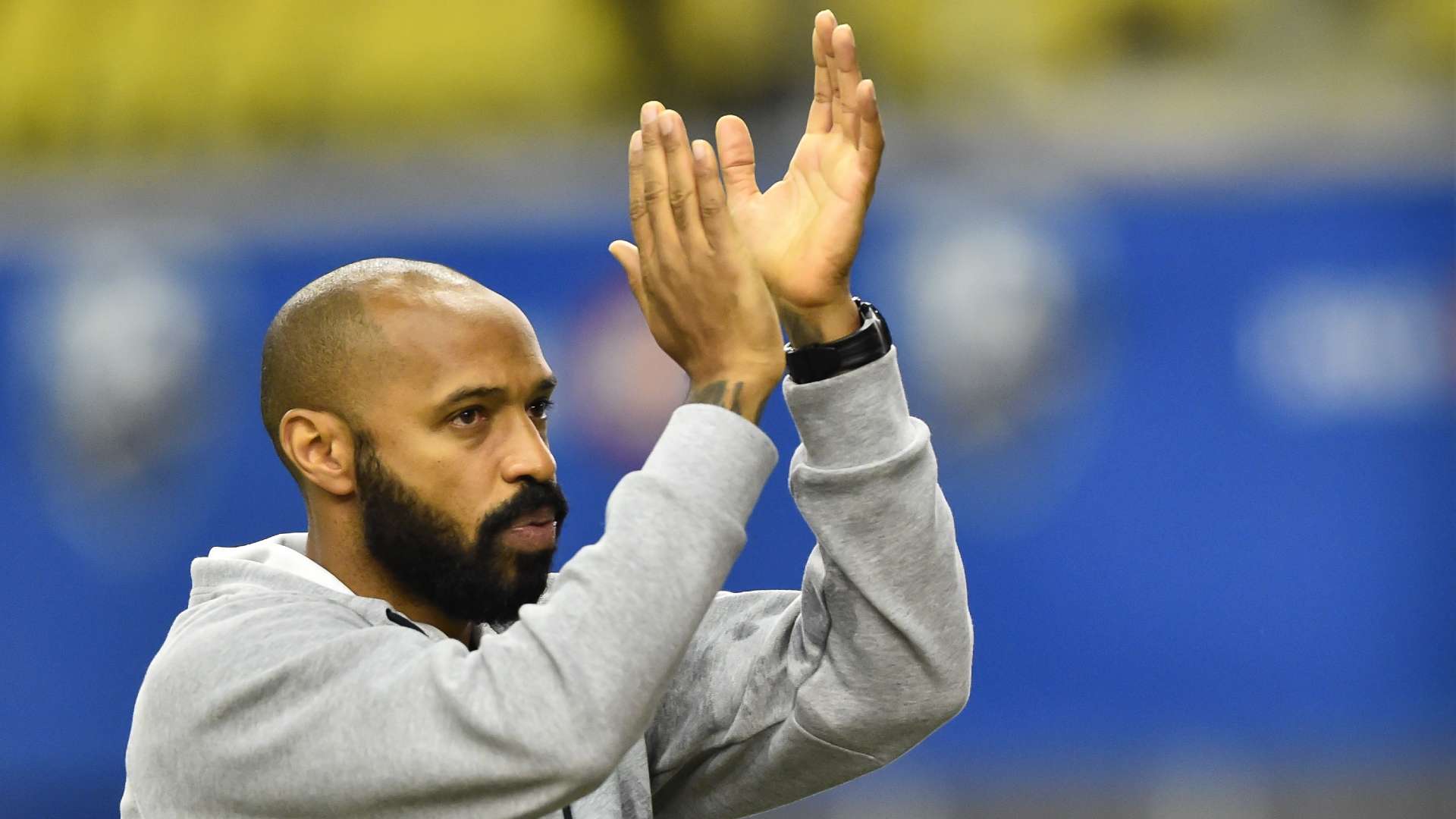Former Arsenal and Barcelona striker Thierry Henry has announced he is quitting social media in protest at what he says is a failure to tackle racism and bullying across different platforms.
The 43-year-old says the problem is “too toxic to ignore” and will not return until racism and abuse is tackled "with the same vigour and ferocity" that copyright infringements are.
Henry has a huge social media presence with 2.7 million people following him on Instagram and 2.3m on Twitter, while his official Facebook page has 10m followers.
What did Henry say?
In a statement posted across his different social media platforms, Henry said: "From tomorrow [Saturday] morning I will be removing myself from social media until the people in power are able to regulate their platforms with the same vigour and ferocity that they currently do when you infringe copyright.
"The sheer volume of racism, bullying and resulting mental torture to individuals is too toxic to ignore. There has to be some accountability. It is far too easy to create an account, use it to bully and harass without consequence and still remain anonymous.
"Until this changes, I will be disabling my accounts across all social platforms. I'm hoping this happens soon."
The bigger picture
Racism and abuse online is an increasing problem in football, with players having suffered abuse from individuals who often hide behind anonymous accounts.
Marcus Rashford, Fred, Jude Bellingham, Antonio Rudiger and Reece James are just some of the players to have been abused on social media in recent months.
In January, a 49-year-old man was arrested after West Brom midfielder Romaine Sawyers was sent a racist message after his side's defeat to Manchester City.
In another case, teenager Patrick O'Brien was found to have racially abused former Arsenal player Ian Wright through direct messages on Instagram after losing a game of FIFA.
What is being done to tackle the problem?
Instagram announced last month that the company is taking “tougher action” on individuals who break the social media platform's rules on hate speech and promised co-operation with UK law enforcement.
On the pitch, players have taken the knee before games in England since the restart in June of last year in symbolic defiance of racism and prejudice. The act was popularised by NFL player Colin Kaepernick, who took the knee during the United States national anthem to oppose police brutality.
However, there has been some opposition to the gesture, with some suggesting it is meaningless without real action to back it up.
Brentford, Bournemouth and QPR are among the sides who no longer take the knee, with QPR director of football Les Ferdinand believing the impact of the gesture "has been diluted".
Earlier this month Crystal Palace forward Wilfried Zaha became the first Premier League player to stop taking the knee, instead choosing to stand in silence before the Eagles’ game against West Brom on March 13.
